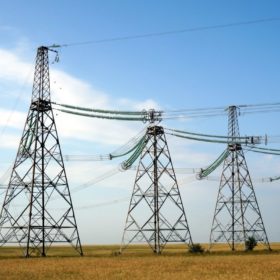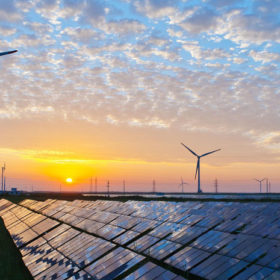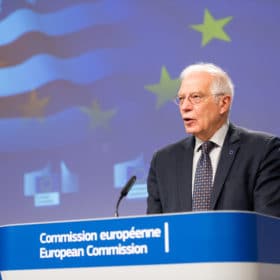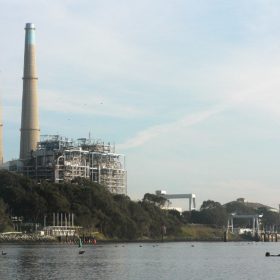European Commission proposes minimum sustainability thresholds for batteries
The world’s second largest battery market is mulling strict regulation of what type of products can be sold within it. The bloc wants to tighten rules on using hazardous materials and would encourage circular economy approaches. The scope of the commission’s proposal would also affect the design of devices, with phones, laptops and other portable gadgets without removable batteries set to be prohibited.
Grace Solar links six strings per motor with Linkage Tracker System
The tracker maker claims its product reduces the need for motors.
The future of power electronics is distributed, aggregated and service oriented
IHS Markit released a white paper in which the analyst outfit shared some predictions for the power electronics market. First and foremost, inverters will become smarter, and after some power outages in key markets, these devices are gearing up to take on more grid stabilizing tasks, which hitherto had been reserved for synchronous generators.
McKinsey: EU slated for 44 GW annual PV additions in cost-neutral path to net-zero
Business analysts at McKinsey & Company have worked the numbers and found that investments into new infrastructure and technologies necessary to achieve the net-zero target will likely be offset by savings in other sectors. Europe’s PV sector could grow to about three times its current size over the next decade.
Adaptive solar shade system means horticulturalists can smell the roses
Researchers have modeled the effects of various PV module arrangements on a greenhouse used for rose growing in Iran’s Shiraz region. The team determined a ‘sweet spot’ where modules produced the most energy and provided optimal growth conditions for the crop.
EU Commission eyes ‘green trade agenda’ with President-elect Biden
While Donald Trump grapples with the result of the election, Europe’s highest officials have moved on, and demonstrated new optimism for the four years ahead by setting a preliminary agenda for cooperation aimed at president-elect Joe Biden with key topics including work on renewables, battery storage and carbon pricing.
Hydrogen captured as a byproduct of polysilicon production
A Norwegian chemical company has received funding from a state-owned innovation hub to develop technology which enables the capture of hydrogen as a byproduct of the company’s silicon production.
Toshiba and Siemens Energy pledge to walk away from coal-fired power business
The Japanese tech giant and German power company have followed the lead of General Electric by promising not to take on any new coal power station contracts.
Saft opens 480 MWh battery manufacturing hub in China
The company is answering the growing demand for storage systems in virtually all markets. China itself is on a steep trajectory to increase its deployment rate.
Europe a storage policy laggard according to Wood Mackenzie
A few years ago, Europe led the pack in terms of storage deployment but it will soon be overtaken by the U.S. and China, according to Wood Mackenzie analysts, largely because of different policy approaches either side of the Atlantic.











